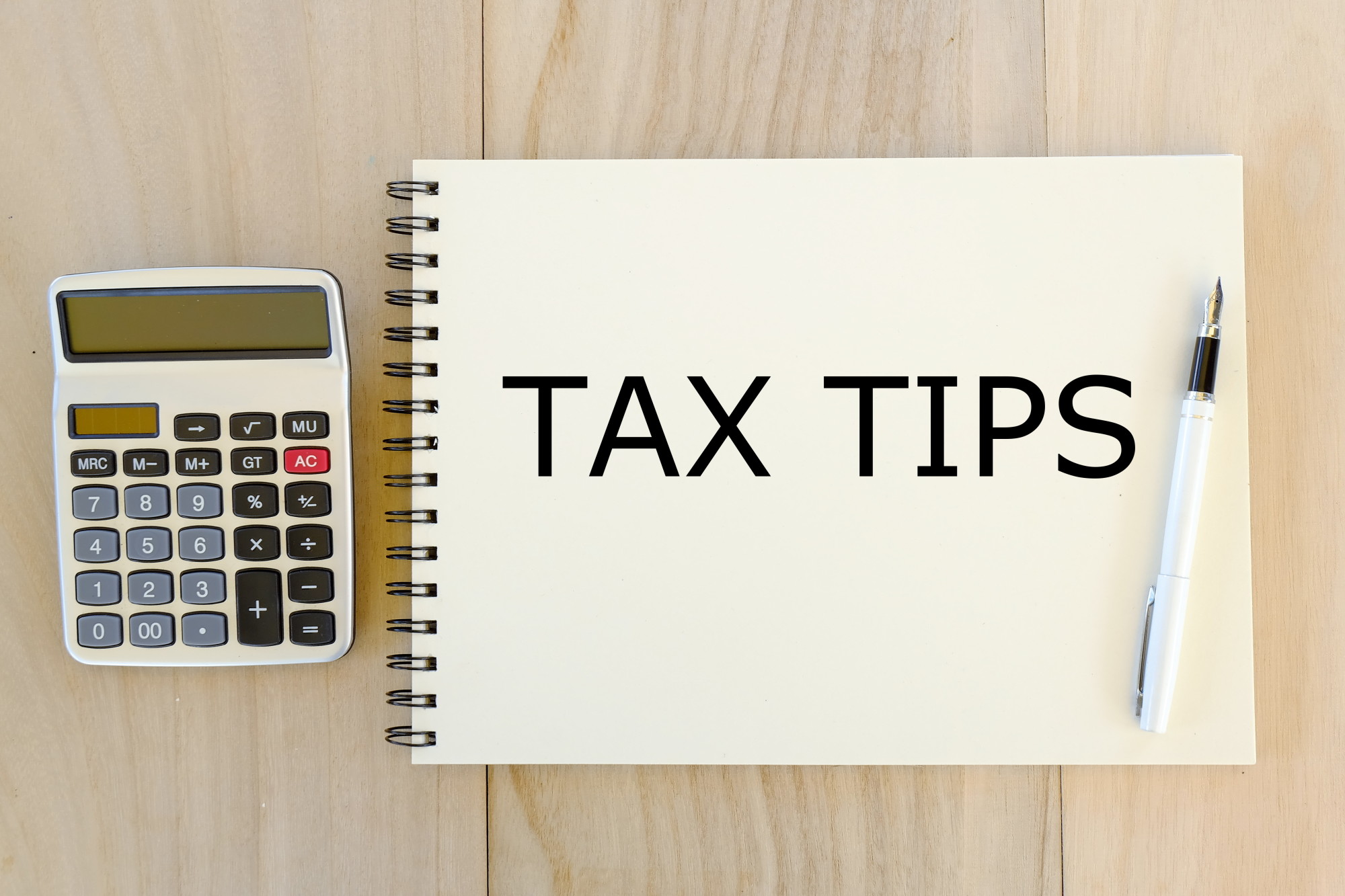
Business,finance and banking concept. Top view of calculator,pen and notebook written with Tax Tips on wooden background.
Around 78% of the country’s tax comes from small businesses, which shows how important understanding the process is.
Completing your taxes properly is essential for keeping your business afloat and staying out of legal trouble. But, if you’re not sure what to do, there’s a risk of losing everything you’ve worked so hard for. Maybe it’s that worry that brought you here; you want to learn the most important tax tips and are searching for inspiration.
Sounds like you? No worries, we’ve got the answers. Here are our five tax tips to consider.
1. Separate Business and Personal Finances
Before you file taxes, it’s important to separate your personal and business finances. Regardless of whether you’ve reported your business taxes properly, if the IRS finds signs that it’s mixed with your personal finances, they’ll think it’s suspicious. To be safe, get two separate bank accounts and credit cards, so there are no issues further down the line.
2. Keep Accurate Records
Another tip is saving receipts so it’s easier when you’re doing taxes. Ideally, you should keep these records updated throughout the year and make sure that it’s accurate. If not, you could be missing out on tax deductibles or filing your taxes incorrectly.
If you don’t want to keep a binder, use accounting software to manage finances. In your search, find one that is user-friendly and breaks down your expenses, so that it’s easier to digest. The beauty is that many are compatible with smartphones, which means you can file your taxes on the go.
3. Hire a Reputable Accountant
Small businesses should hire an accountant to handle business taxes. These professionals will give you advice on how to grow your company and guide you through the tax process.
If you’re not sure where to start, reach out to a reputable company like atlantictax.net to learn more.
4. Know What Is Tax Deductible
Don’t make the mistake of filing taxes without considering the deductibles. Many small businesses can write off expenses that are commonly associated with your industry or help you grow. For instance, this includes office supplies or work-related travel expenses.
Businesses can also get a tax break by making a charitable donation. Regardless of whether it’s in your local community or overseas, you can write off up to 100% of taxable income.
5. Set Up a Retirement Account
Another important consideration is setting up a retirement account when doing taxes. Make sure that you’re prepared and even enjoy a tax break by funneling profit into your own 401(k). If you’re feeling overwhelmed, connect with an accountant so that they can help you.
Learn From Our Top Tax Tips
Hopefully, you’ll take these tax tips on board.
There are many useful tricks to consider, such as separating your personal and business accounts along with hiring a reputable accountant. Small business owners should also research whether their expenses are tax deductible and set up a retirement account for extra protection. Good luck!
If you enjoyed our article, check out the rest of the blog for more content.